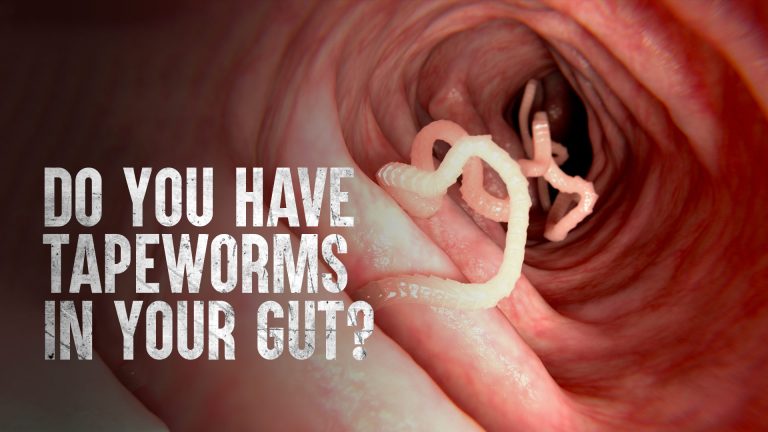Tapeworms are flat, segmented worms that live inside some animals’ intestines. And ours. We know that six types of these parasites infect people. If an animal is infected with tapeworms, and you eat that animal’s meat, you could be bringing those critters into your body.
What can you do to avoid hosting a tapeworm’s next dinner? Does traveling increase your risk of getting tapeworms? How long can a tapeworm live inside you? What does your weight have to do with tapeworms?
But before we can answer all that, take a look at what a tapeworm could do to your body. A tapeworm infection begins after you ingest tapeworm eggs or larvae. No, they’re not a side order. They are two ways that you could be infected.
Once inside your intestines, the eggs develop into larvae. And the larvae become mobile. If they migrate out of your intestines, they’ll form cysts in other tissues, such as your lungs, central nervous system, or liver.
Adult tapeworms can measure more than 25 m (80 ft) long. And they can survive for as long as 30 years in a host. Usually, tapeworms don’t cause many symptoms in humans, so you might not know if you’ve gotten one.
If you do have a tapeworm in your body, there are treatments you can use. But sometimes, these hungry freeloaders cause serious, life-threatening health problems. Here are some tips to help you deal with these pesky parasites.
Step 1: Kill Them With Heat
The easiest way to avoid getting a tapeworm would be to go vegan, but everyone is not cut out for that lifestyle. So, if you love eating meat, and you can’t imagine living without juicy steaks, make sure you cook whole cuts of meat to at least 62.7°C (145°F).
And cook ground meat and poultry to at least 71.1°C (160 °F). Then, let the meat rest for three minutes before you carve or consume it, so the heat can continue killing any pathogens.
Also, stay away from raw meat and fish, although this can be a problem for sushi lovers. Just ask the young man from Fresno, California who pulled a 1.7 m (5.5 ft) tapeworm
out of his body in 2018. Afterward, he walked into an emergency room to get treated, and blamed his sushi habit for causing the incident.
Step 2: Cool Down Your Meat
How you store meat products is also important. Freezing meat to -20 °C (-4 °F) for at least 24 hours kills tapeworm eggs.
Step 3: Be Cautious about Where You Eat
Be extra cautious about where you eat when traveling in other countries, especially if you’re taking a trip to Latin America, Asia, or Africa. Be sure to follow proper hygiene practices. And stay away from livestock and human feces.
Remember to cook fruits and vegetables with boiled or chemically-treated water before you eat them. And only drink bottled water, water that’s been boiled for one minute, or carbonated (bubbly) drinks in cans or bottles.
Step 4: Wash Your Hands
You might have heard this during the global pandemic of 2020, but we can’t emphasize this enough. Using proper hygiene is essential. So, to avoid getting infected with a tapeworm, make sure you wash your hands with soap and hot water before preparing or eating food.
Step 5: Watch Your Weight
Sometimes it can be difficult to tell if you have a tapeworm infection, since you may not have any symptoms. It’s been reported that people infected with a tapeworm sometimes notice an unusual increase in their appetite. After all, you’re eating for two — you and the worm. This can lead to abnormal weight gain.
Tapeworm infections are rare in North America and other developed countries. But they do happen. So we need to be vigilant at all times, follow proper hygiene practices, be mindful of our diets, and keep an eye on our health.
Sources
- “Surgeons opened her skull to remove a cancerous tumor. Instead, they found a tapeworm.”. Lindsey, Bever.
- “Pork Tapeworm | Winchester Hospital”. 2021. winchesterhospital.org.
- ” Tapeworm Infection – Diagnosis And Treatment – Mayo Clinic”. 2021. mayoclinic.org.
- “Tapeworms In Humans: Causes, Symptoms, And Treatments”. Sabrina, Felson. Webmd.
- “CDC – Cysticercosis”. 2021. cdc.gov.
- “CDC – Cysticercosis – Epidemiology & Risk Factors”. 2021. cdc.gov.
- “Cysticercosis/Taeniasis” 2021. dshs.state.tx.us.


















